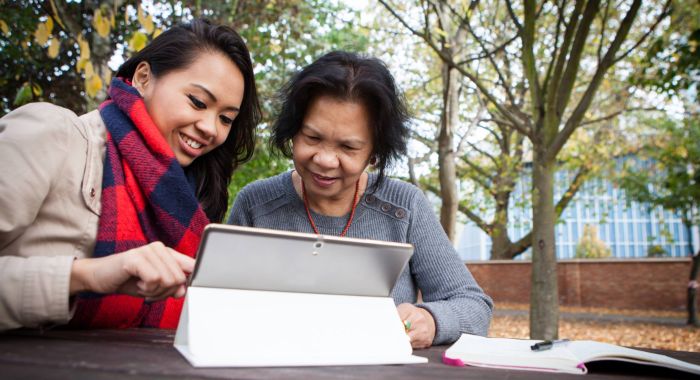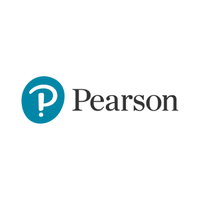"The Great Calculus" - Aida Calculus App
Web Design | App Development | Animation Ideation | Illustration | Storytelling | Content Creation | Production | Ideation | Relational Framing | Neuroscience | CQ™ | Communication Design | Sound Design | Edutainment The problem: One in five students fail calculus at university level and therefore can't get into STEM careers. And/or they are in STEM careers and struggling. Pearson, in collaboration with Doberman, approached BoxMedia to help deliver the first advanced AI-driven calculus learning app in the education space. Our task was to do what we do best; use cognitive science, CQ™, neuroscience, and AI to disrupt the legacy calculus content that has become outdated. We joined the project at the ideation stage. Collaborating with mathematicians, animators, scientists, and storytellers, we were able to deliver over 30 short scripts to teach learning points in a creative way on very complex and often misunderstood areas of calculus. Find out more on: https://thegreatcalculus.com/

